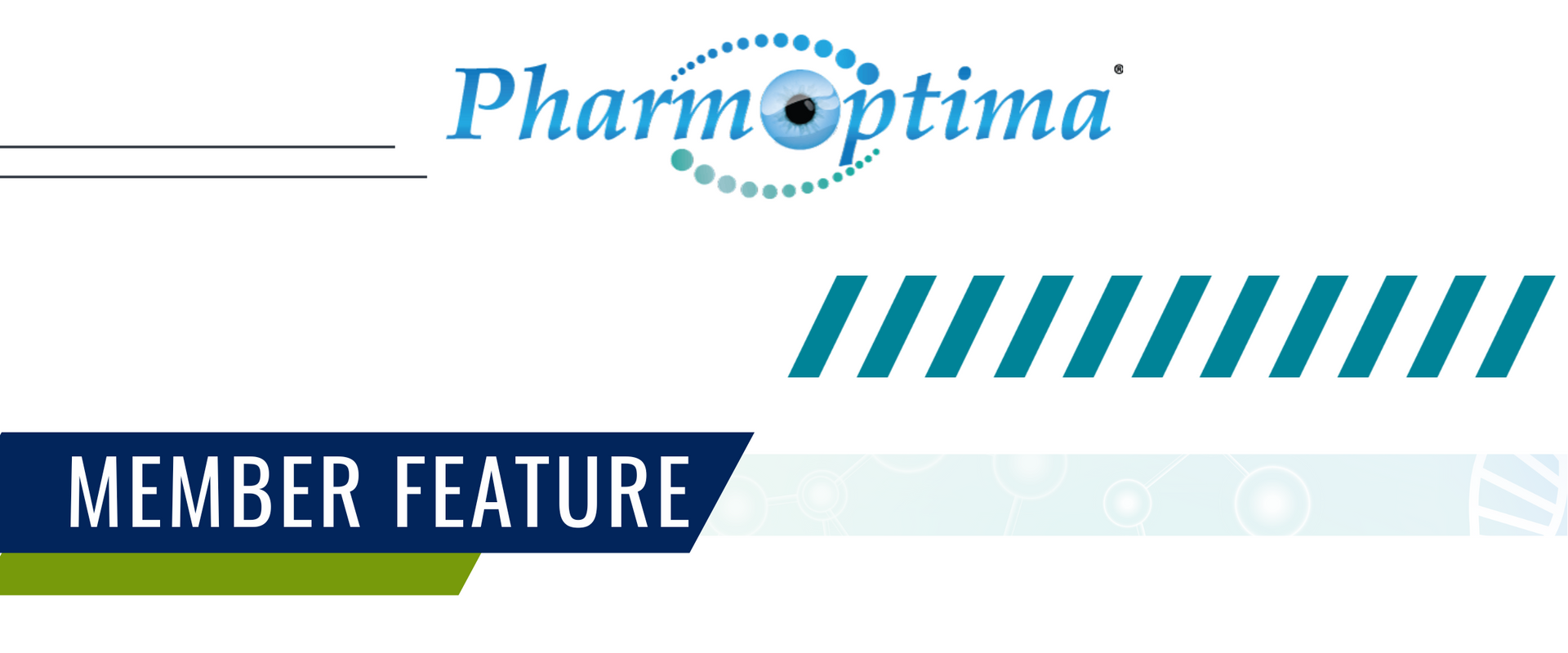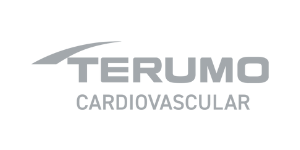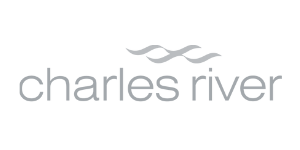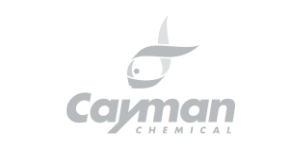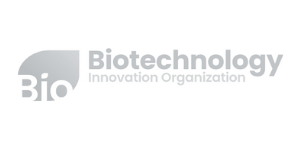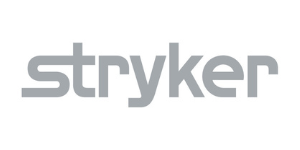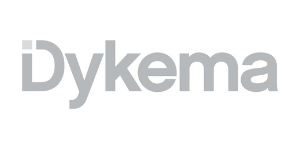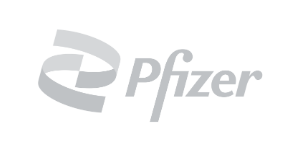Michigan's Bio-Industy:
Leading the Midwest with Excellence -
Driven to tackle the world's toughest challenges - Michigan's bio-industry challenges what's known - and what's possible - to feed, fuel, and cure the world.
MEMBERSHIP
MichBio unites the bioscience community across Michigan, welcoming members from every sector and stage of development. By joining MichBio, you become part of a vibrant network that fosters collaboration and innovation. We offer valuable business savings, cutting-edge education, strong advocacy, and unmatched networking opportunities, all designed to support your growth and success. Become part of the driving force that propels the biosciences industry forward, helping both our members and the sector to thrive and take the lead in innovation.
Recent News

